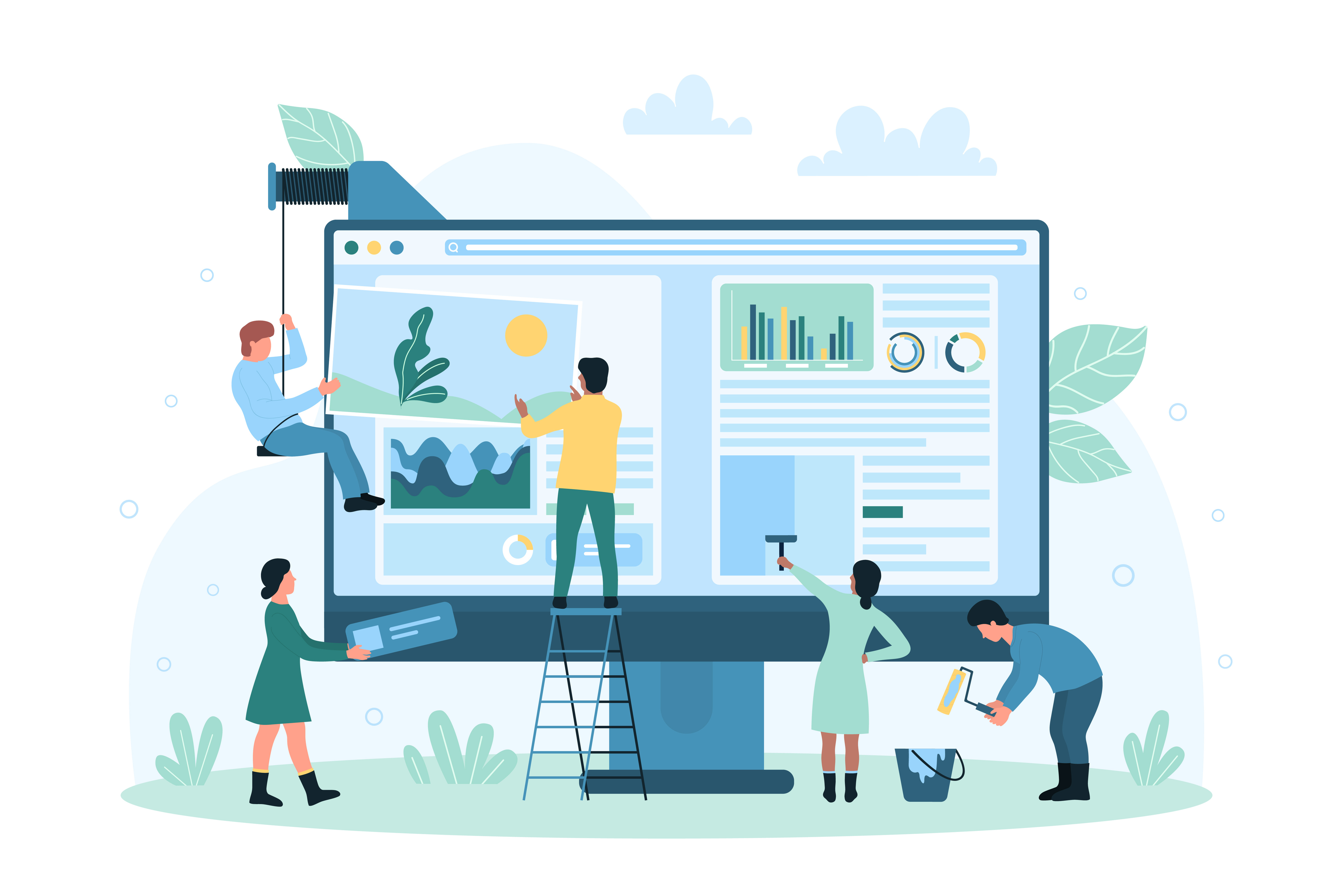In the battlefields, skies, and defense apparatus of the future, improvements to technology will pose unique opportunities and areas for development. In this blog, we’ll take you through critical advancements in ‘cyber’ (computing, IT, and large elements of digital technology) that will improve the future of the Defense and Aerospace industries.
Topics:
Innovation,
Wazoku,
Article
5th June 2023 – The International Rescue Committee (IRC), a global humanitarian organization that helps people affected by conflict and disaster, will soon launch two crowdsourcing campaigns to increase comfort and safety in women’s toilets in refugee camps and last-mile medicine delivery in Sierra Leone. These open innovation Challenges are the first of a series planned for the coming years.
Topics:
Innovation,
Wazoku,
Article,
Press Release,
Wazoku Crowd
No one can deny the importance of developing a strong business strategy, but what about an innovation strategy? Arguably where you spend time and money is strategy, but investing in innovation programs alone does not guarantee success. Embedding the best innovation practices in your business is unlikely to produce value without an overarching and carefully-reviewed plan. In this blog, we look at what innovation strategies are, the different types of innovation strategies, and why they are so critical for successful innovation programs and healthy and sustainable businesses.
Topics:
Innovation,
Wazoku,
Article
This week is mental health awareness week, a time to educate and raise awareness about the importance of mental health, how pervasive poor mental health is, and how we can work towards helping those that suffer from it.
Topics:
Innovation,
Wazoku,
Article
Innovation lives all around us, but there are very few areas in which this is more evident than sport. Whether it be the ‘ball GPS’ explored at the recent FIFA World Cup to the ultra-light running shoes trialled by Eliud Kipchoge when he ran the sub-2 hour marathon, athletes and the teams around them are constantly searching for ways to optimize performance.
Topics:
Innovation,
Wazoku,
Sustainability,
Article
It seems impossible to read through the news of late without coming across a discussion that involves Artificial Intelligence (AI). From the wonders of ChatGPT to the somewhat dystopian warnings of where this technology – if managed incorrectly – could lead our global civilization to, it is fair to say that AI is at the front of a lot of people’s minds right now.
Topics:
Innovation,
Wazoku,
Article
Changing the world, one idea at a time has to start somewhere. Even the organizations that regularly bring about revolutionary change had a first step to take on their journey. In the Innovation Basics series, we focus exclusively on what that first step could look like for newcomers to the innovation world. Follow this guidance to achieve faster, better innovation.
Topics:
Innovation,
Wazoku,
Article
Changing the world, one idea at a time has to start somewhere. Even the organizations that regularly bring about revolutionary change had to take a first step on their journey. In the Innovation Basics series, we focus exclusively on what that first step could look like for newcomers to the innovation world. Follow this guidance to achieve faster, better innovation.
Topics:
Innovation,
Wazoku,
Article
Following our nominations in three categories at this year’s BOLD Awards and our inclusion on Great Place to Work’s Best Workplaces for Wellbeing, Wazoku has now been nominated for four more awards! Some of these recognize our organization as a whole, and some are for individual achievements. Read on below to find out more about each of these nominations.
Topics:
News,
Wazoku,
Article,
Event
Changing the world, one idea at a time has to start somewhere. Even the organizations that regularly bring about revolutionary change had to take a first step on their journey. In the Innovation Basics series, we focus exclusively on what that first step could look like for newcomers to the innovation world. Follow this guidance to achieve faster, better innovation.
Topics:
Innovation,
Wazoku,
Article
Changing the world, one idea at a time has to start somewhere. Even the organizations that regularly bring about revolutionary change had a first step to take on their journey. In the Innovation Basics series, we focus exclusively on what that first step could look like for newcomers to the innovation world. Follow this guidance to achieve faster, better innovation.
Topics:
Innovation,
Wazoku,
Article
To power our world for today and tomorrow, it’s important to innovate the way we deal with energy. While global pressures and demand cause price rises for consumers and tough questions for operators, we’ve collated the latest from the experts on innovation in energy for 2023.
Topics:
Innovation,
News,
Wazoku,
Sustainability,
Article,
Wazoku Crowd


.jpg)






.jpg)


